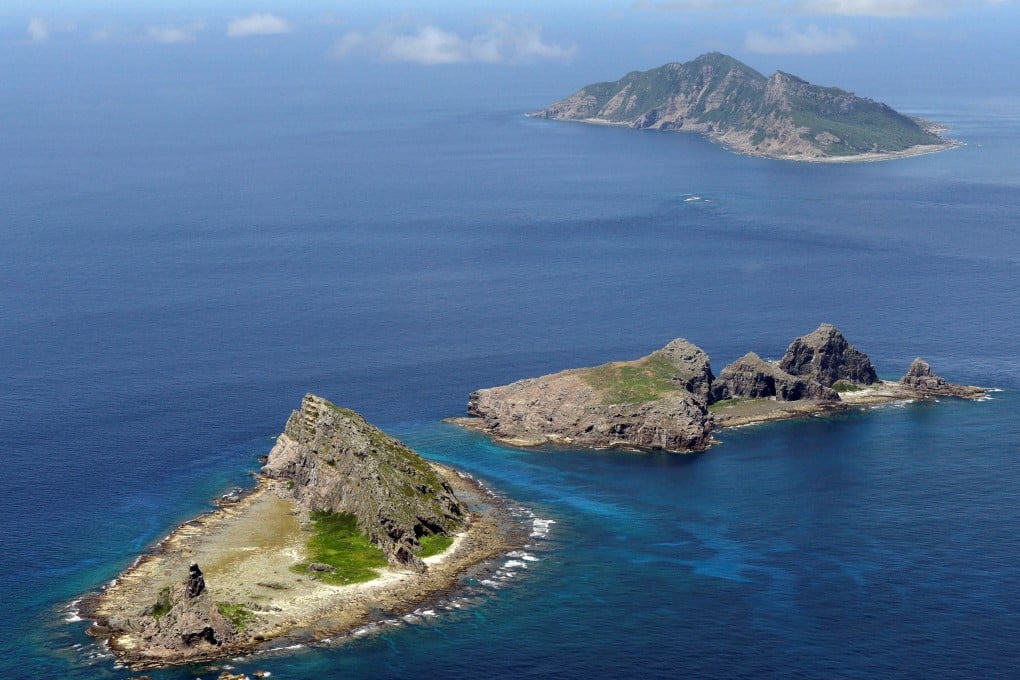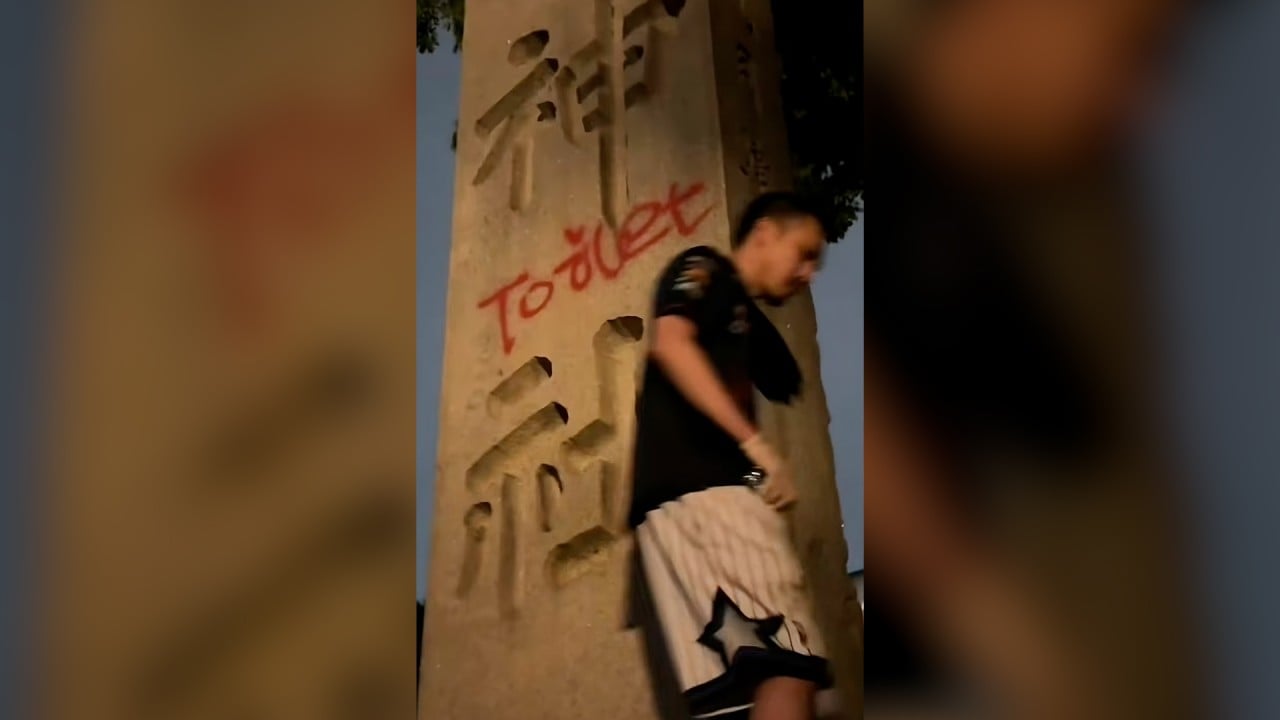Advertisement
Japan’s broadcaster NHK slammed after its reporter says Diaoyu Islands belong to China
- The unnamed journalist, who has been working for NHK radio since 2002, was delivering a broadcast in Mandarin when he went off script
Reading Time:2 minutes
Why you can trust SCMP
32

Japanese national broadcaster NHK has come under fire after one of its journalists said on a live radio programme that the Diaoyu Islands belonged to China, with critics accusing the broadcaster of undermining Japan’s territorial integrity and demanding accountability from its leadership.
Advertisement
The islands, which Japan calls the Senkaku Islands, have long been a flashpoint in Sino-Japanese relations.
The male journalist, who has not been named but is reported to be in his 40s and who has been working for NHK radio since 2002, was delivering a broadcast in Mandarin on Monday when he deviated from the script, NHK said in a statement.
The reporter had read a report about graffiti on one of the pillars at the entrance to Tokyo’s Yasukuni Shrine in June. Immediately after the segment, the reporter made unscripted comments that lasted for around 20 seconds stating that the uninhabited islands in the East China Sea are Chinese territory.
Yasukuni Shrine honours about 2.5 million Japanese war dead, including convicted war criminals.
Advertisement
Victims of Japanese aggression during the first half of the 20th century, especially China and the Koreas, see the shrine as a symbol of Japanese militarism. The countries criticise visits by Japanese lawmakers and offerings to the shrine as signs of their lack of remorse over Japan’s wartime actions.

Advertisement
